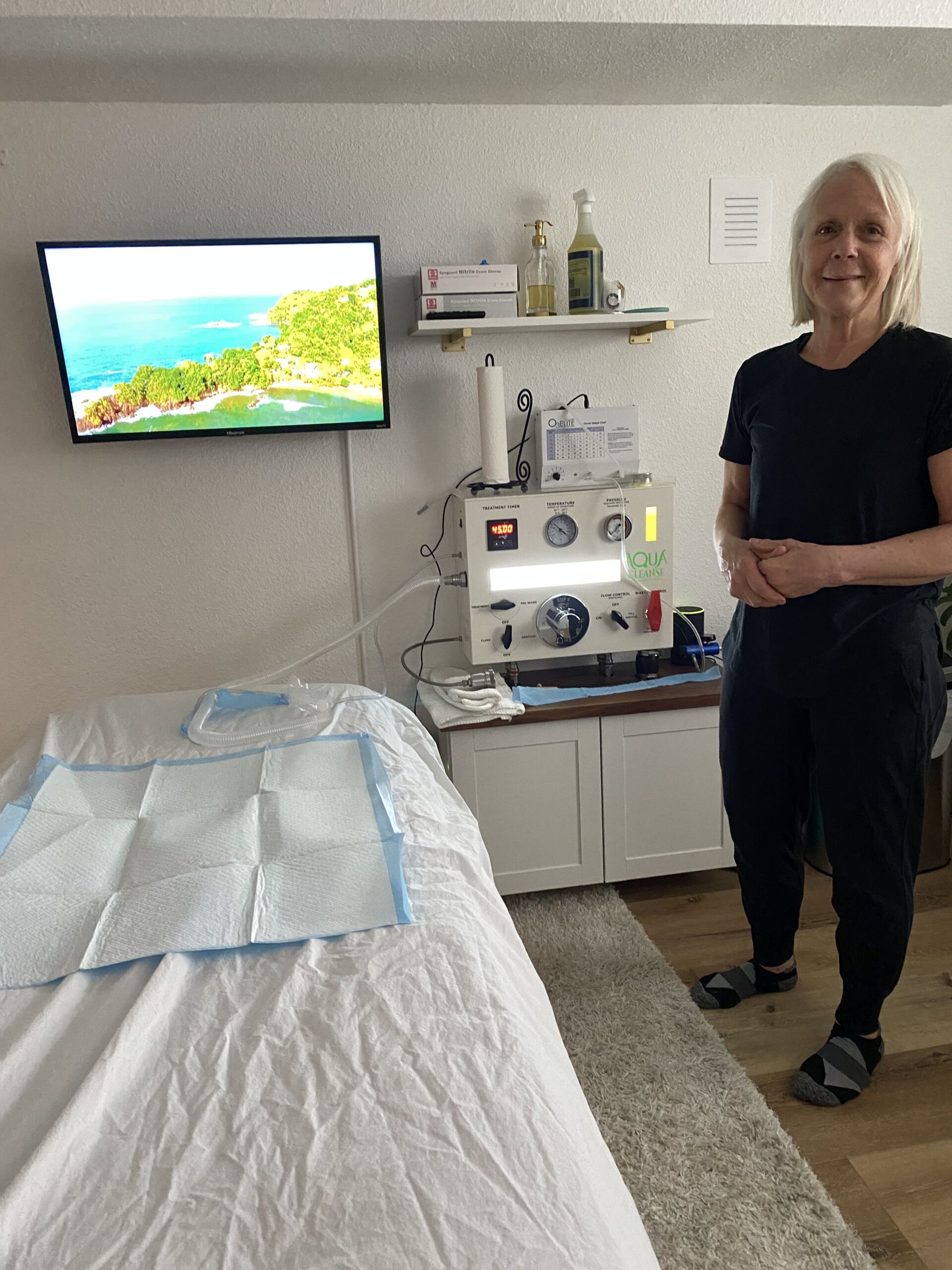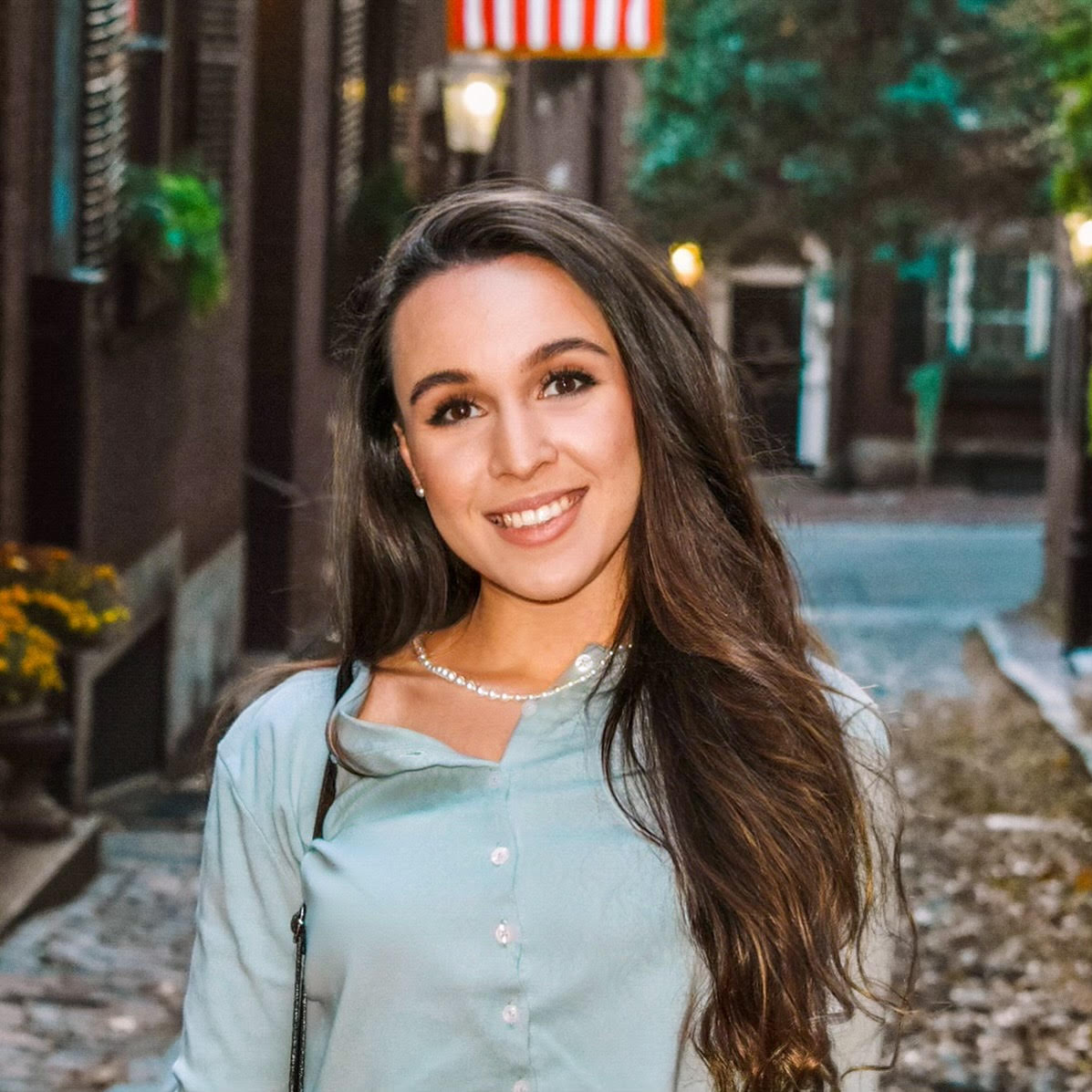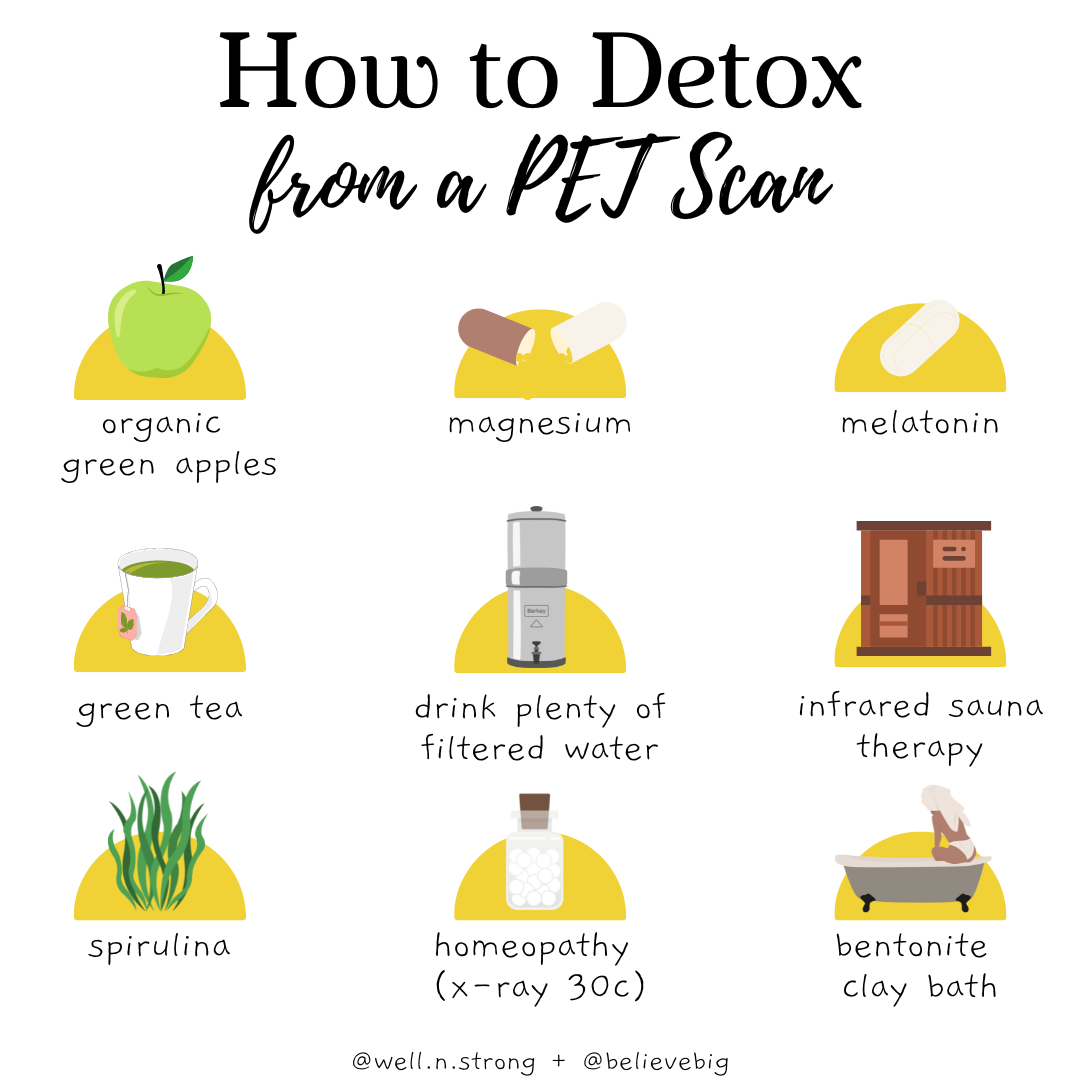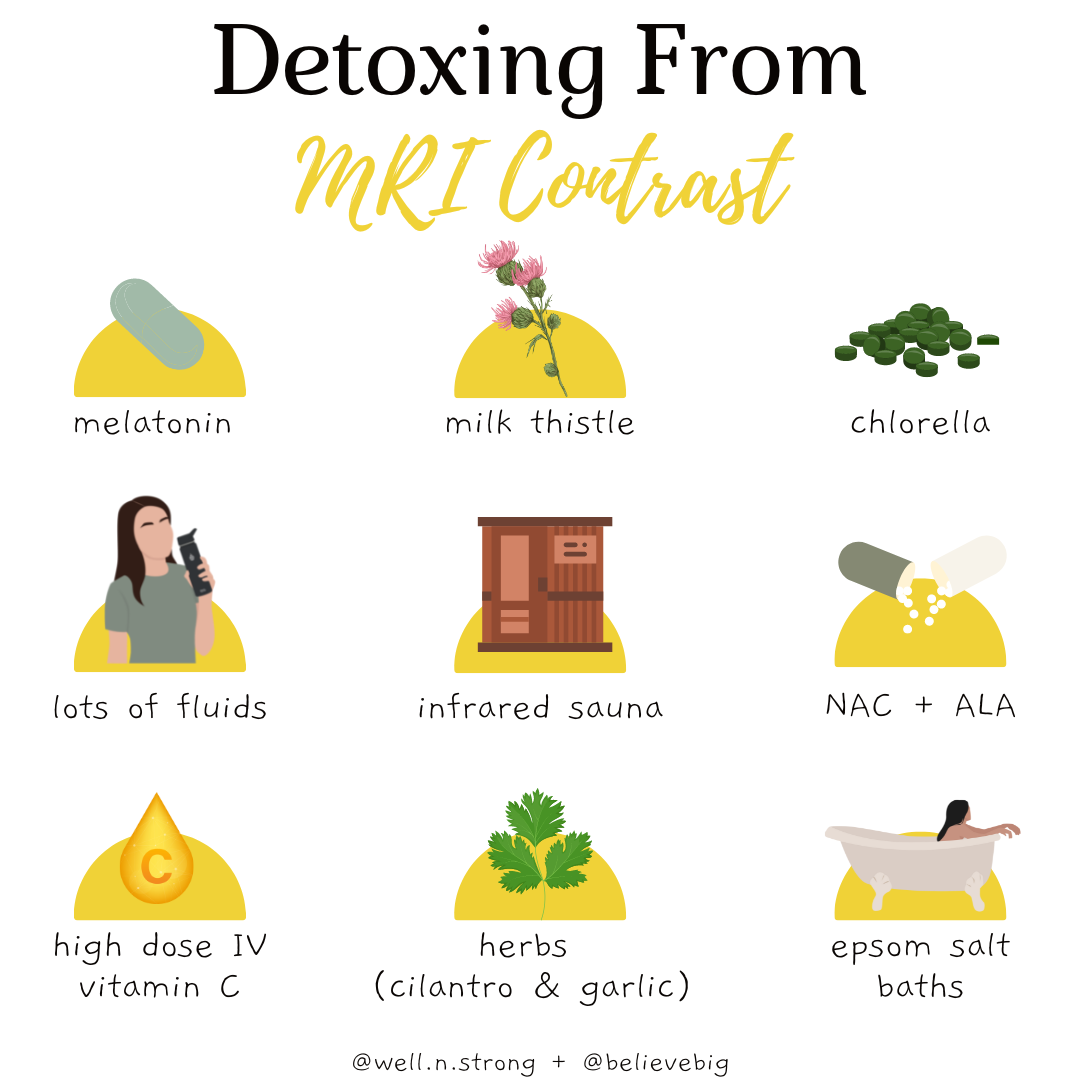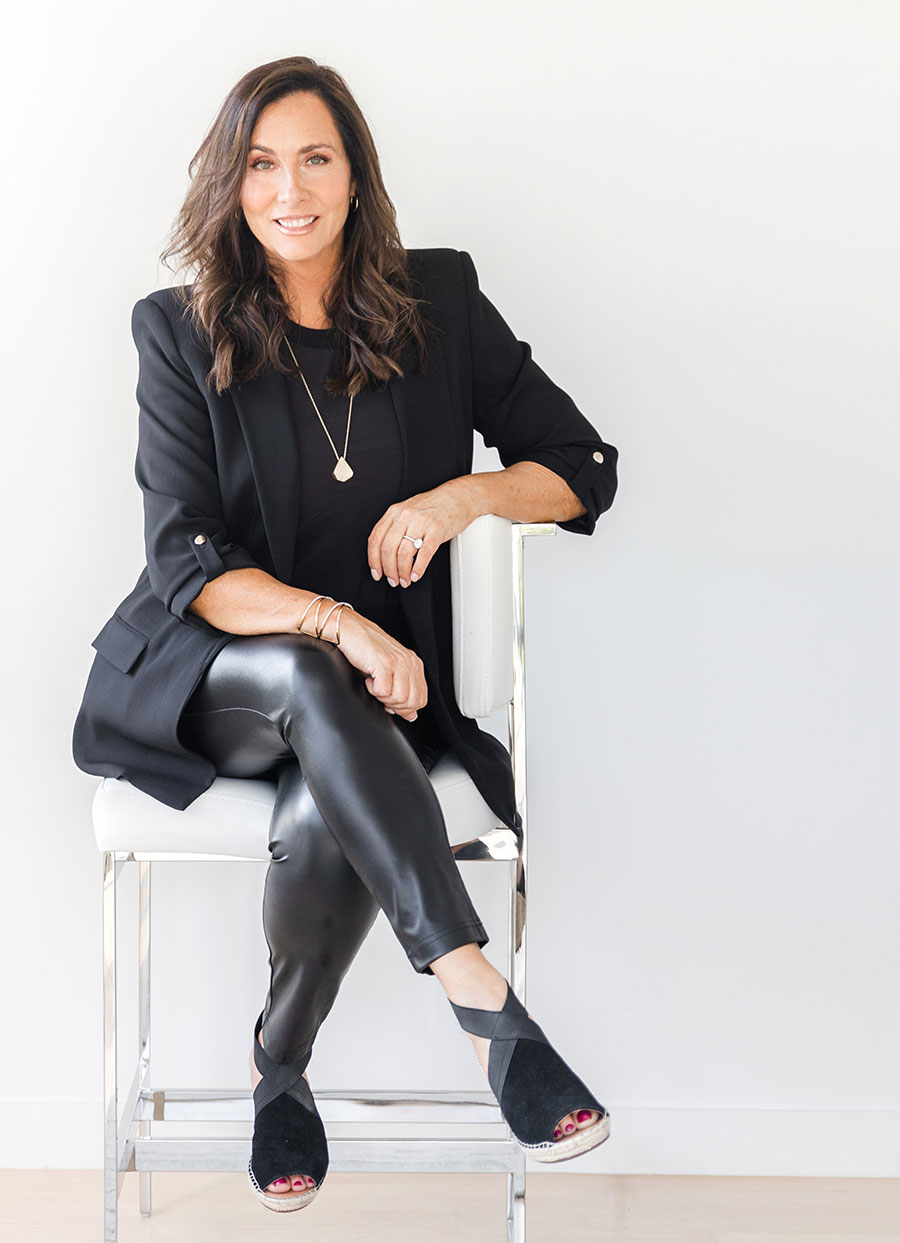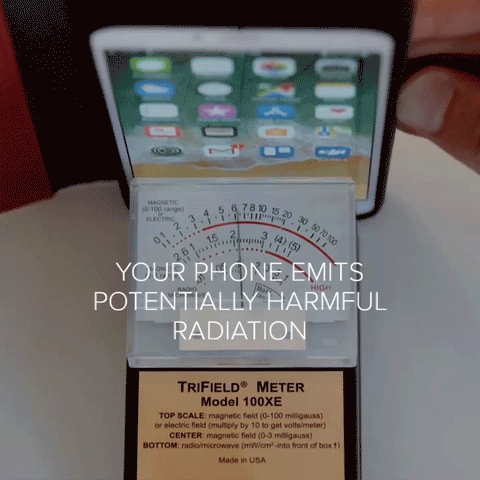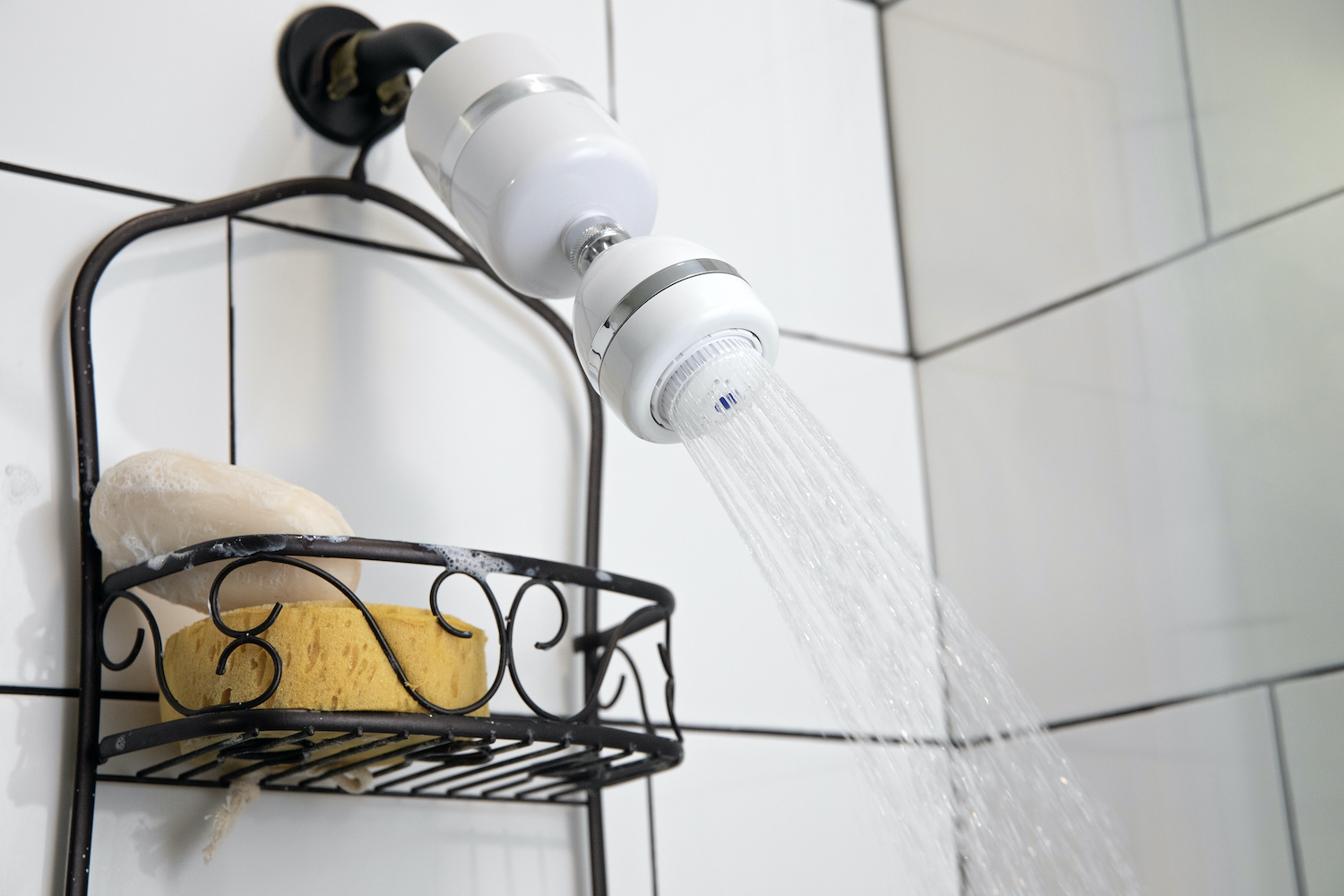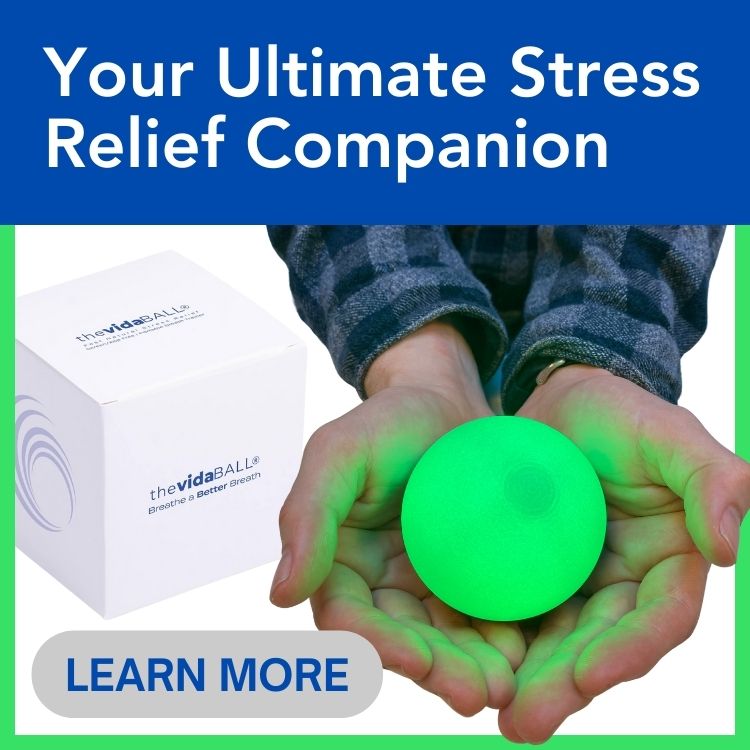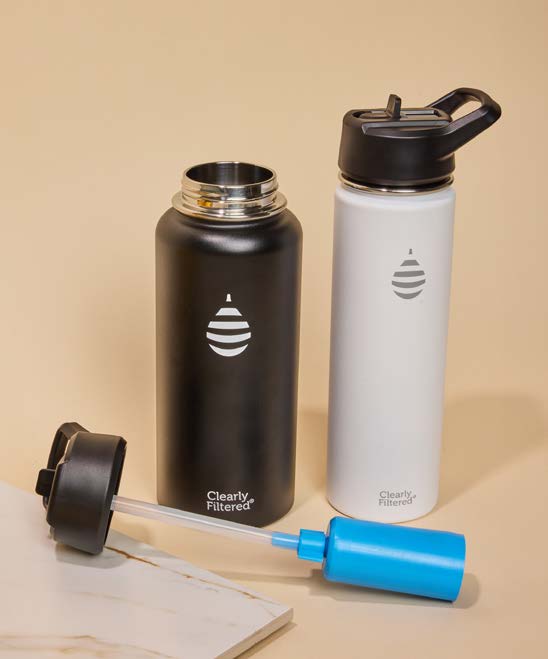Extract commonly used as cancer treatment in Europe.
By Angela Roberts
Ivelisse Page already had 15 inches of her colon and 28 lymph nodes removed to treat her colon cancer, but in the winter of 2008 she received more devastating news. The cancer had spread to her liver.
Page’s doctor, Dr. Luis Diaz — an oncologist at the Memorial Sloan Kettering Cancer Center in New York and professor at the Johns Hopkins University School of Medicine — gave her an 8% chance of living for more than two years.
Since chemotherapy and radiation wouldn’t increase her chances of survival, Page decided not to undergo either of the intensive treatments. Instead, she and her husband considered another treatment suggested by an integrative practitioner at Baltimore’s Ruscombe Mansion Community Health Center: mistletoe therapy. Though European mistletoe extract isn’t approved as a cancer treatment by the U.S. Food and Drug Administration, it’s one of the most commonly prescribed therapies used to treat cancer in Europe and has been used for centuries to treat ailments such as headaches, hypertension, epilepsy and asthma, according to the National Cancer Institute.
But Page didn’t know that. When the practitioner, Dr. Peter Hinderberger, brought up extract from the poisonous, semiparasitic plant as a possible treatment, she was confused. “Wait, isn’t that the plant you see at Christmastime?” she remembered asking him.
Still, she figured she had “everything to gain and nothing to lose.” So that day in Hinderberger’s office, Page received her first injection of mistletoe extract — a decision she believes is a big reason she remained cancer-free for more than a decade after getting surgery to remove 20% of her liver.
Page’s experience with the plant’s extract, which she still injects under her skin twice per week, inspired researchers at the Johns Hopkins Sidney Kimmel Comprehensive Cancer Center to launch what they believe was the first phase 1 clinical trial conducted in the U.S. on intravenous Helixor M, a brand of European mistletoe extract that is commercially available.
The team published the study’s findings online last month in the peer-reviewed, open-access journal Cancer Research Communications. Though the purpose of a phase 1 clinical trial is to evaluate the product’s safety and determine dosing for future research, participants in the Hopkins study also reported some disease control and improvement in their quality of life.
Dr. Channing Paller, an associate professor of oncology at Hopkins medical school and the researcher who led the study, was excited by the trial’s results. She’s long been fascinated by complementary medicine — treatments like acupuncture, natural products, dietary supplements, massage therapy and hypnosis that aren’t standard, but can be used alongside more conventional therapies to improve patients’ quality of life. Complementary treatments often don’t get the same attention as more mainstream drugs and medications, since they don’t have the backing of big drug company dollars, Paller said. But she believes they deserve the same chance to be rigorously studied.
Page agrees. For years, she’s been an advocate for the benefits of mistletoe therapy. In 2011, she and her husband started the nonprofit Believe Big, which helps cancer patients navigate treatment and connects them with doctors who offer nonconventional therapies like mistletoe injections.
The nonprofit raised more than $400,000 to fund the phase 1 trial and is now raising money for the next two stages of the study. In the first study, which was released Feb. 9, researchers recruited 21 adult cancer patients at the Kimmel Cancer Center, all of whom had received at least one standard cancer treatment, such as chemotherapy or immunotherapy, before their participation in the trial.
The researchers administered Helixor M to patients intravenously three times per week, escalating the amount of extract they received over time to determine the optimal dosage. They ultimately concluded that dosage to be 600 milligrams.
The most commonly reported side effects were fatigue, nausea and chills, and they were noted by the study to be manageable.
Researchers observed stable disease in five patients, meaning their tumors grew less than 20% or shrunk less than 30%. The results lasted, on average, for 15 weeks. Three of the five patients saw their tumors decrease in size and remain stable for two to five months, though the results didn’t meet the official criteria for “partial response,” which would require at least a 30% decrease.
“I think that’s pretty good for a natural product with limited side effects and not in combination with standard chemotherapy,” Paller said. “I was kind of impressed.”
But, she added, she was most excited that patients’ scores on a quality-of-life survey increased from the start of the study to the end, while they were participating in the treatment. If mistletoe therapy helps a patient feel better, Paller said, it could mean they’re able to tolerate standard treatments like chemotherapy and radiation for longer periods of time and potentially live longer, if that standard treatment works.
Pending additional funding and planning, phase 2 of the study will assess the efficacy of the therapy and further investigate its ability to improve the quality of life among patients, including those who are undergoing other treatments, such as chemotherapy, Paller said.
The final phase of the study — the stage 3 clinical trial — would examine how well mistletoe extract works compared with standard treatments.
Previous studies conducted in Europe have demonstrated mixed results on the efficacy of mistletoe extract in treating cancer, according to the National Cancer Institute. But problems have been reported with many of these studies, including with their design, trial size, lack of patient information and lack of dose information.
In the U.S., mistletoe can be offered in integrative care centers — like the one in Baltimore that Page went to — and is listed in the U.S. Homoeopathic Pharmacopoeia, but oncologists can’t prescribe it as a cancer treatment because it’s not FDA-approved.
Being scrutinized in a three-stage clinical trial is the extract’s first step in becoming approved by the federal agency and potentially being covered by insurance.
That’s Page’s dream. Although the therapy is relatively affordable — it costs patients about $200 to $250 per month to give themselves the extract subcutaneously — Page knows that not everybody can shoulder that cost.
“There are things that we can do right now that dramatically improves a patient’s quality of life, and their ability to overcome cancer,” she said. “Mistletoe therapy is one of those things that need to be available to all.”
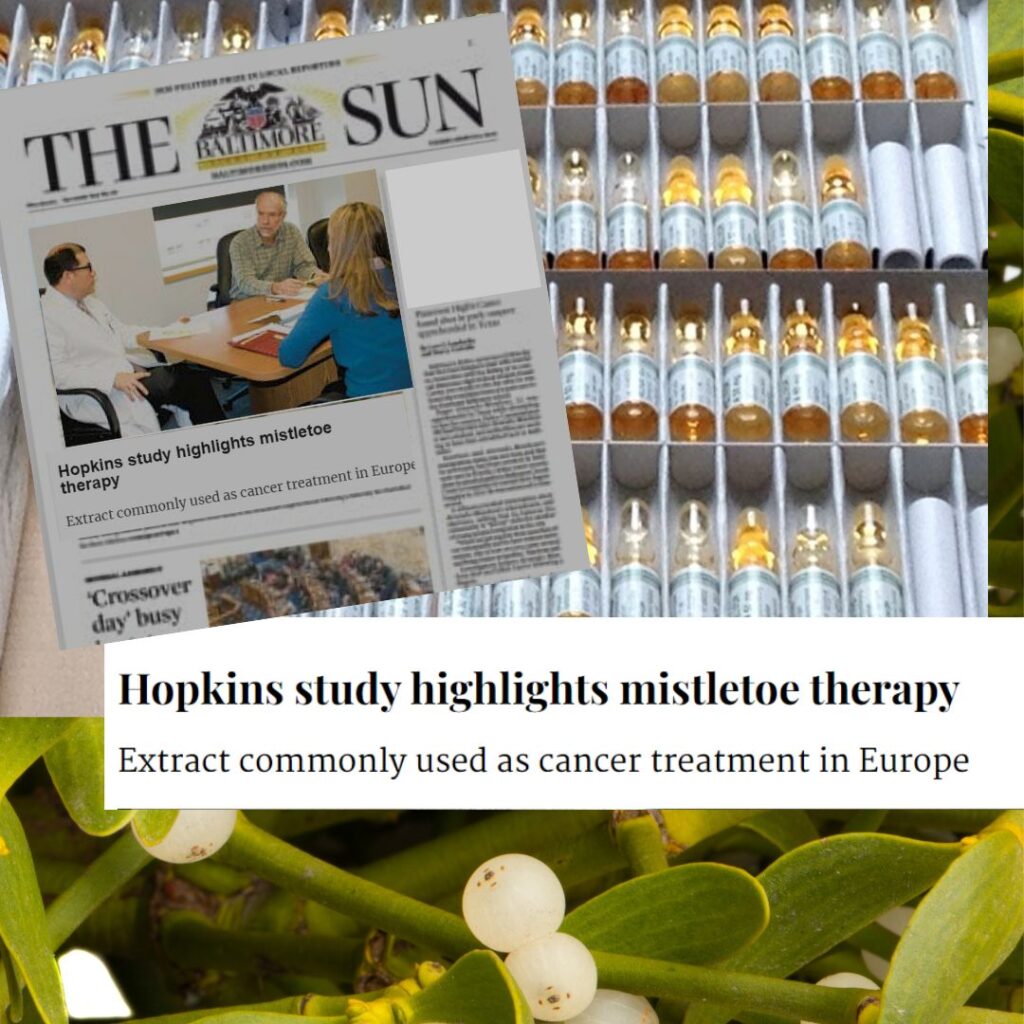


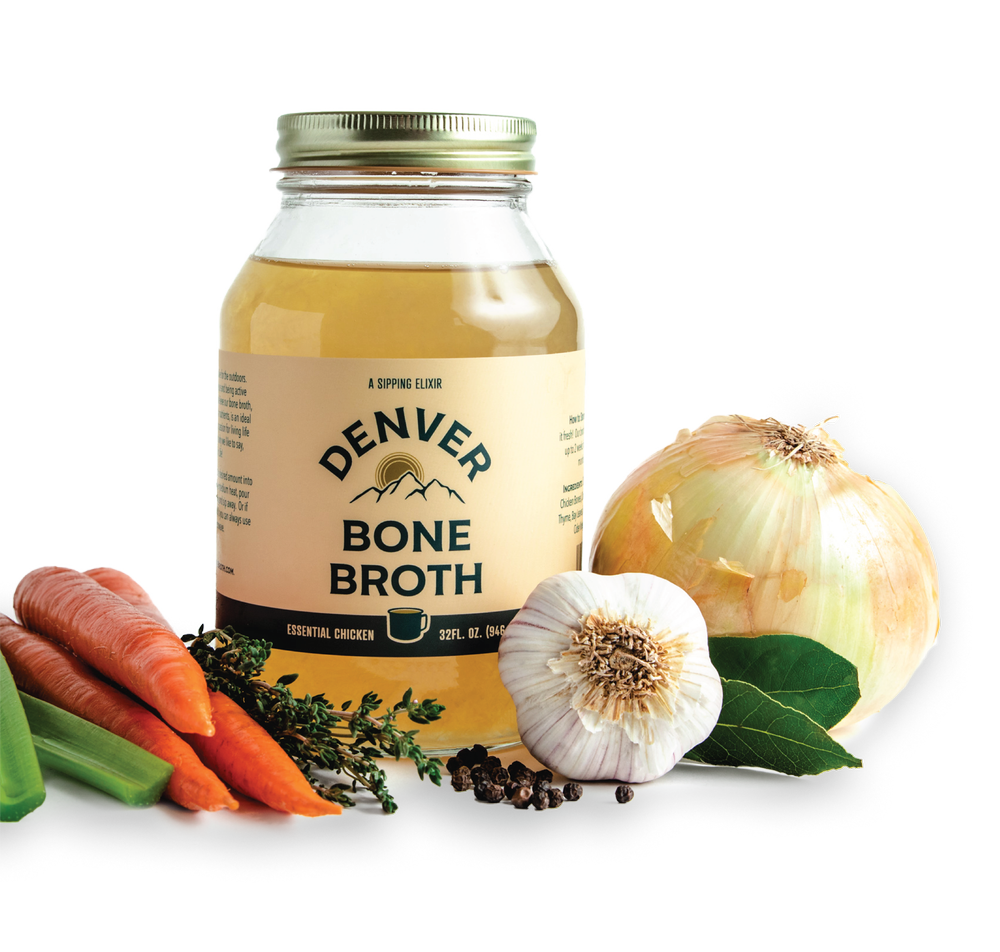 hydration up and move your diet to a liquid only consisting of water and bone broth two days before. I’ve tried many and my favorite is
hydration up and move your diet to a liquid only consisting of water and bone broth two days before. I’ve tried many and my favorite is 